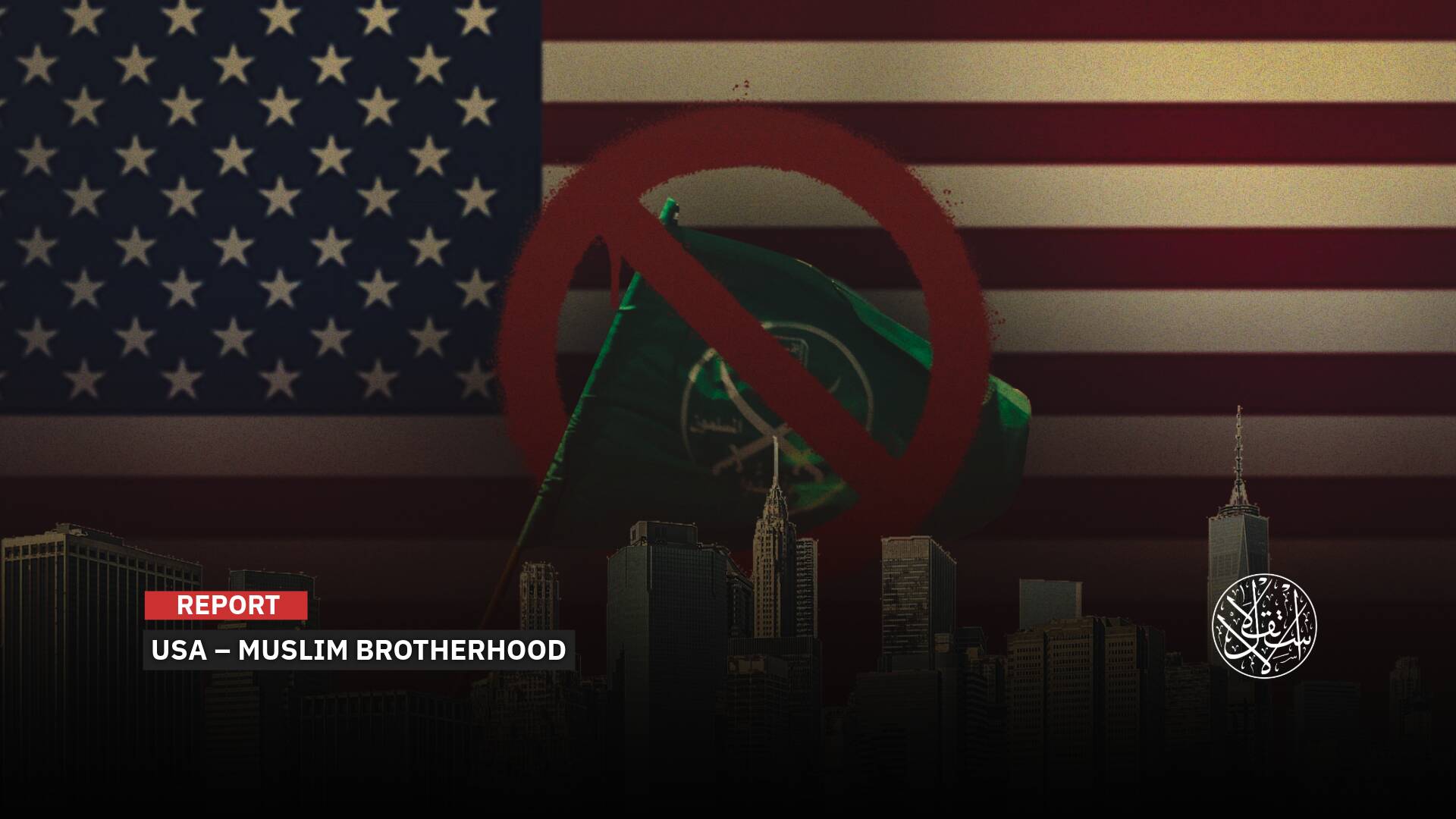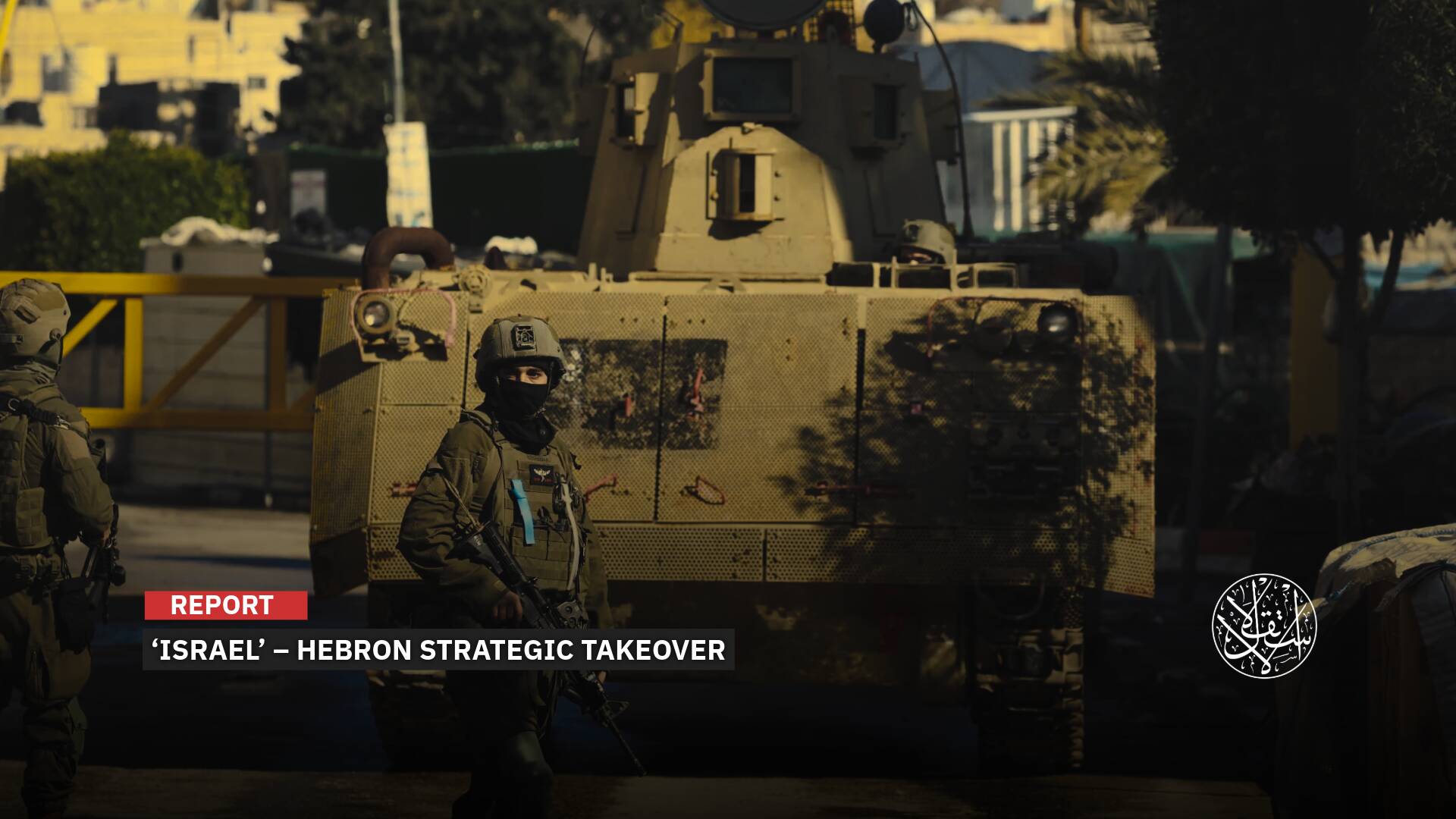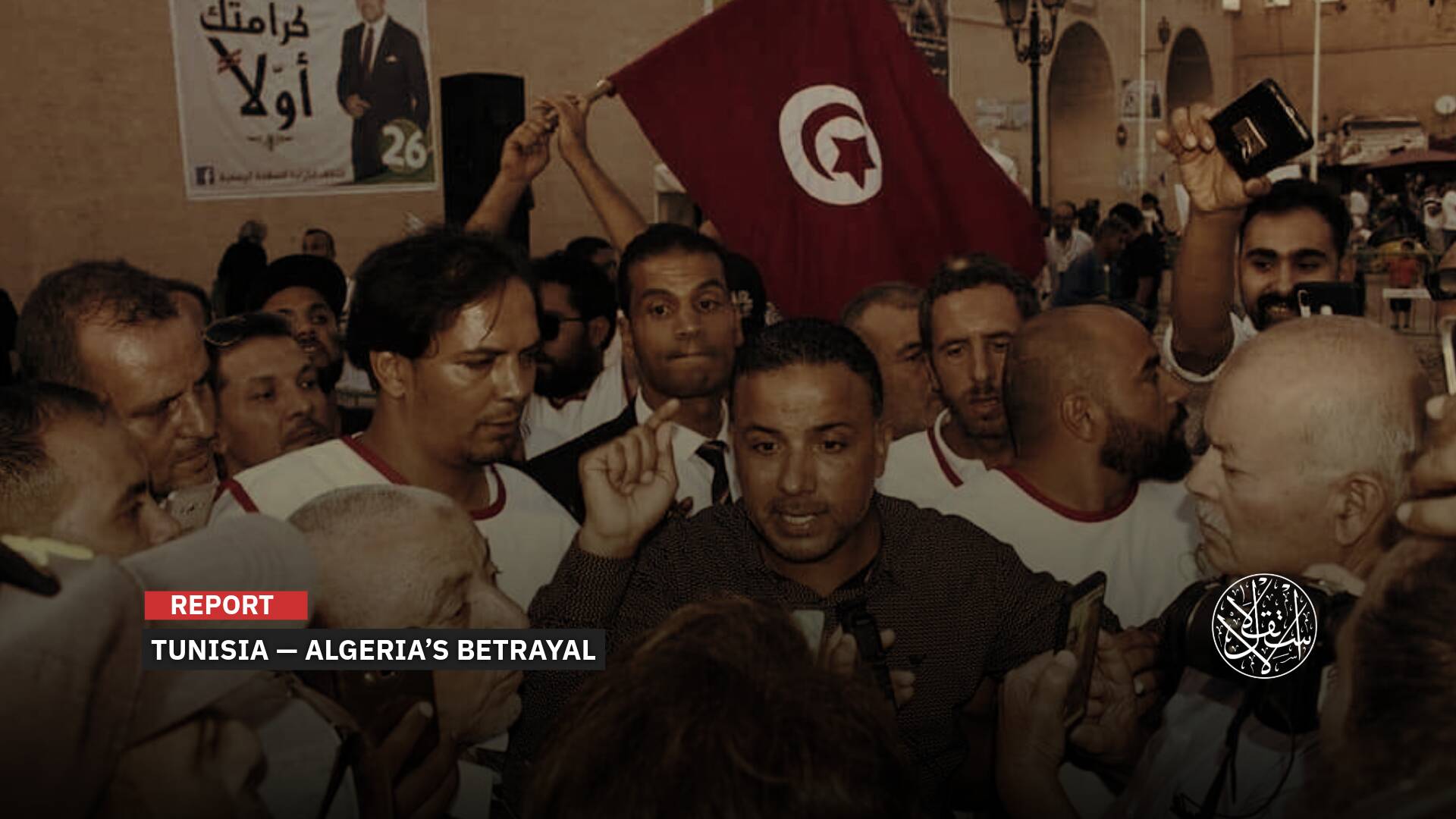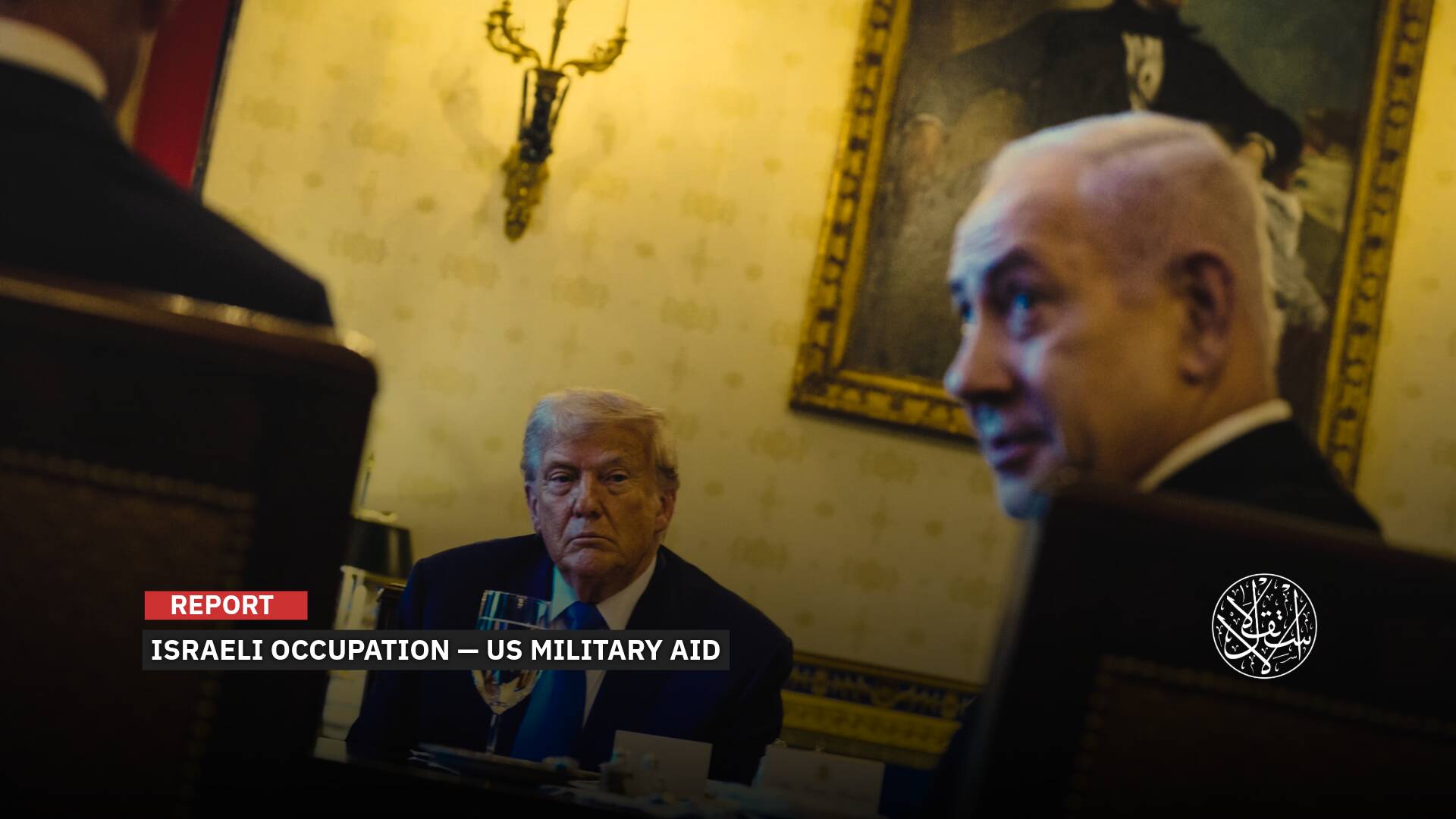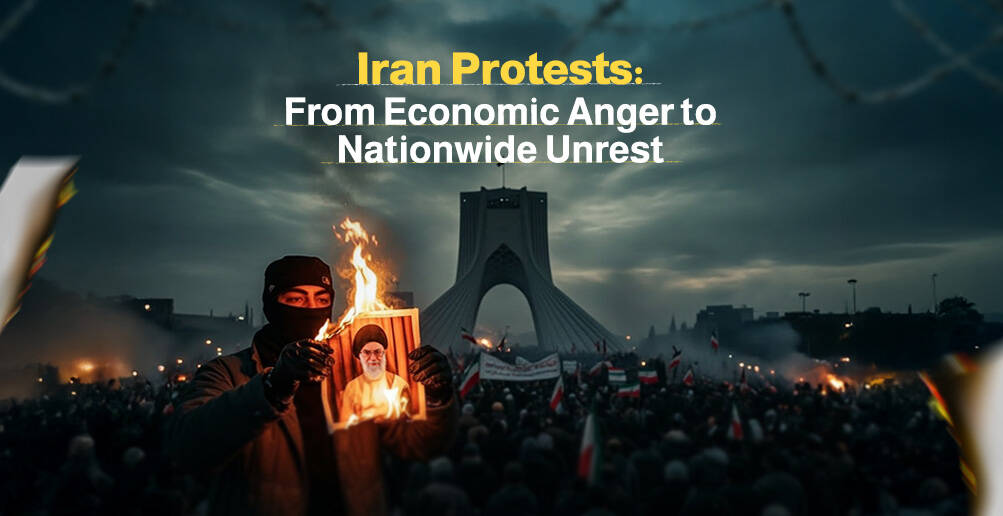Iraq’s Popular Mobilization Forces Face Withdrawals: Is It U.S. Pressure or Internal Maneuvering?
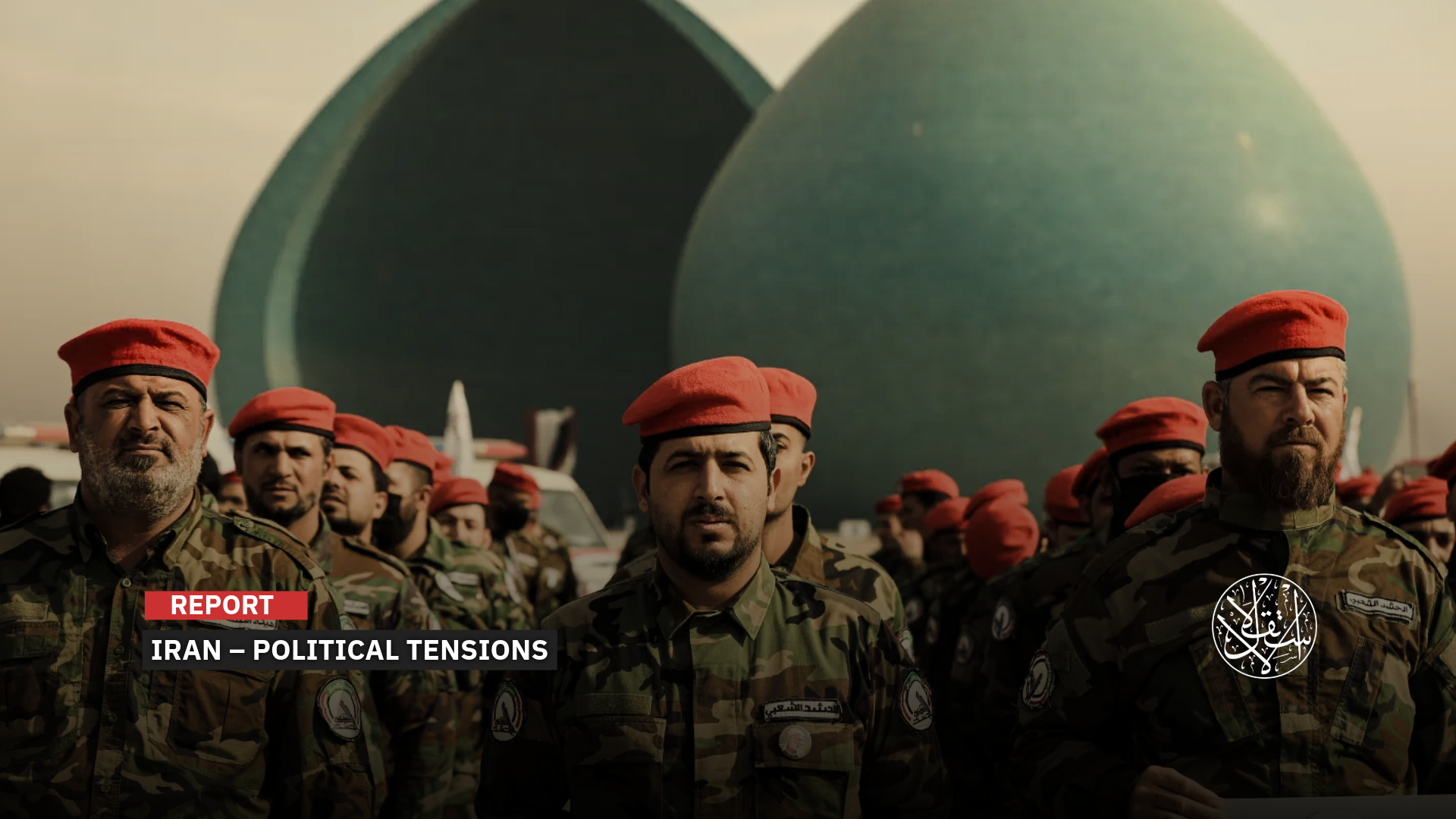
Kata’ib Hezbollah has announced it is pulling out from its strongholds in the Baghdad Ring.
Amid mounting pressure from Washington on Baghdad to disband the Popular Mobilization Forces (PMF), several figures and factions have announced their withdrawal from the predominantly Shiite militia for various reasons, raising questions over whether this marks the beginning of the group’s unraveling.
The PMF was formed in 2014 in response to the territorial advances of the Islamic State, which at the time controlled roughly a third of Iraq. Its creation followed a “defensive jihad” fatwa issued by Iraq’s highest Shiite cleric, Grand Ayatollah Ali al-Sistani, in Najaf.
Some 70 mainly Iran-aligned Shiite militias were integrated into the PMF, which Western governments often accuse of serving as Tehran’s proxy in Iraq.
With its mission ostensibly completed following the defeat of the Islamic State, calls for its dissolution have resurfaced.
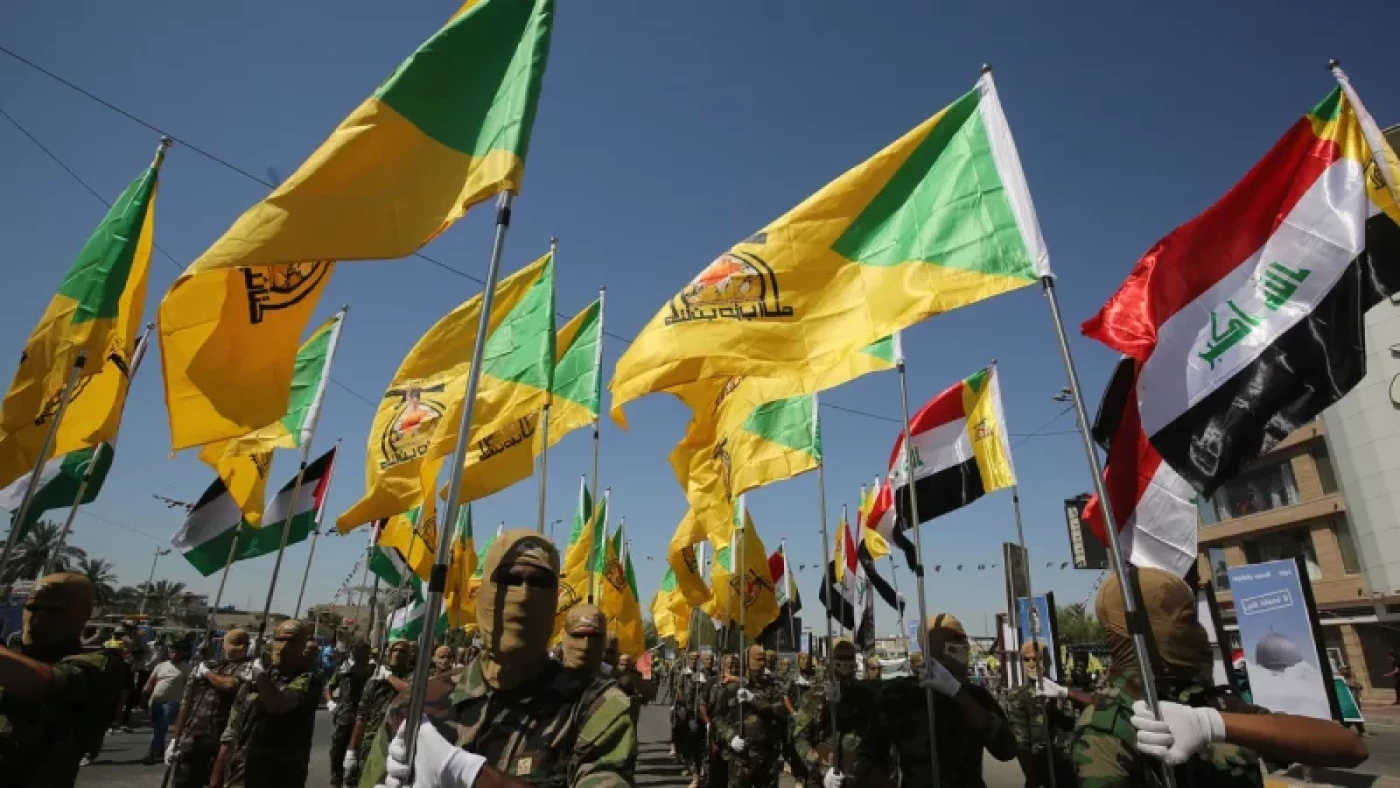
Repeated Withdrawals
In the wake of what it described as a “fissure,” the Kata’ib Hezbollah militia announced on August 4, 2025 that it was withdrawing from the areas encircling Baghdad and handing over all its equipment and positions to the Popular Mobilization Forces (PMF), noting that the move was intended to pre-empt attempts at smear campaigns and reputational attacks.
The announcement followed armed clashes on July 27, 2025 between security forces and members of the PMF’s 45th and 46th brigades, both affiliated with Kata’ib Hezbollah.
The clashes were triggered by the replacement of the director-general of a department in Baghdad’s Ministry of Agriculture, previously aligned with Kata’ib Hezbollah under the leadership of Abu Hussein (Mohsen Mohamdawi), with a figure linked to the militia Asa’ib Ahl al-Haq, headed by Qais al-Khazali.
Iraq’s Security Media Cell issued a statement announcing that security forces had arrested 14 suspects.
Upon verifying their identities, authorities confirmed that the detainees belonged to the two brigades of the Popular Mobilization Forces (PMF) previously mentioned, and they were referred to the judiciary for legal proceedings.
For the first time, the government explicitly named Kata’ib Hezbollah. In a statement released on August 10, 2025, it said, “The armed elements responsible for this breach belong to the Iraqi Hezbollah formation and are affiliated with the 45th and 46th brigades of the Popular Mobilization Forces.”
The office of Iraqi Prime Minister Mohammed Shia’ al-Sudani announced the dismissal of the commanders of the two brigades over their involvement in the attack on the Ministry of Agriculture site in Baghdad, which included the use of weapons against security personnel and resulted in fatalities and injuries, some of them civilians.
In a further development, senior Popular Mobilization Forces (PMF) figure Shaker Mahmoud al-Tamimi, known as “Abu Turab,” announced his permanent withdrawal from the group, vowing never to return.
He cited his intention to run in the parliamentary elections scheduled for November 11, 2025 as the reason for his departure.
In an early August television interview, al-Tamimi stated that he had left the Popular Mobilisation Forces (PMF) permanently and “will never return.”
He warned that certain actors were exploiting the name of the group, “which has been harmed from both inside and outside,” while promising to reveal all relevant facts in the coming days.
Al-Tamimi, known as “Abu Turab” and affiliated with the Badr militia led by Hadi al-Amiri, confirmed that al-Amiri would be their candidate for prime minister in the post-election period.
He also indicated that he would not hesitate to seek a ministerial position in the next Iraqi government.
Al-Tamimi’s withdrawal from the military formation to contest elections marks an unprecedented move.
Until now, the head of the PMF, Faleh al-Fayyad, has remained in office despite leading the political movement Ata’a, participating in every election since 2014, and maintaining parliamentary representation.
Role Exchange
On the motivations behind the recent withdrawals and their possible link to U.S. pressure, Iraqi affairs researcher Hamid al-Obaidi suggested that “even if Kata’ib Hezbollah announces its withdrawal, there is nothing to prove it, because the Popular Mobilization Forces are entirely under their control. The chief of staff, Abd al-Aziz Malluh Mirjirash al-Muhammadawi (Abu Fadak), is one of their most prominent leaders.”
Al-Obaidi added to Al-Estiklal that “the individuals arrested by the government and said to belong to Kata’ib Hezbollah within the PMF were not shown clearly; their faces were blurred.”
This, he argued, “raises serious doubts that they could be released at any moment, since such discretion is not applied to everyone detained on security or terrorism-related cases.”
Iraqi political analyst Wael Hazem argued that “the U.S. has essentially bargained with the Shiite Coordination Framework: either hand over weapons and disband the militias, or risk losing power. Any rational actor within the framework will weigh retaining political influence against giving up arms.”
Hazem told local al-Fallujah television that “in the coming days, we are likely to hear that many factions will announce withdrawals from the Popular Mobilization Forces, citing disagreements with the prime minister, and claiming loyalty to the state while surrendering their weapons to it.”
“Other armed factions have quietly withdrawn without making announcements and are moving to participate in the political process through the upcoming parliamentary elections,” Hazem added.
From a broader perspective, former MP and Iraqi politician Mithal al-Alusi argued that claims of a split within the ruling Shiite Coordination Framework over disarmament are inaccurate.
He stressed that the position remains unified due to “shared leadership, loyalty, and subordination,” as well as an internal “distribution of roles.”
Local news agency Shafaq News quoted al-Alusi on August 10, 2025, saying, “The Iraqi government, under al-Sudani, is trying to convince the U.S. administration that it is serious about controlling uncontrolled weapons and dismantling illegal militias, but Washington still considers these arms as Iranian and executing terrorist missions.”
“The Coordination Framework and al-Sudani are attempting to present themselves as a reliable political ally to the United States in Iraq,” noting that “the U.S. position, supported by the UK, does not tolerate any direct or indirect Iranian influence within the country.”
“Washington regards the presence of uncontrolled weapons as a means for Iran to impose its will on Iraq’s political process. It believes that successive prime ministers were selected with Iranian consent, but that era is over. The next phase must see the formation of a government with a parliamentary majority, free from foreign interference,” al-Alusi added.
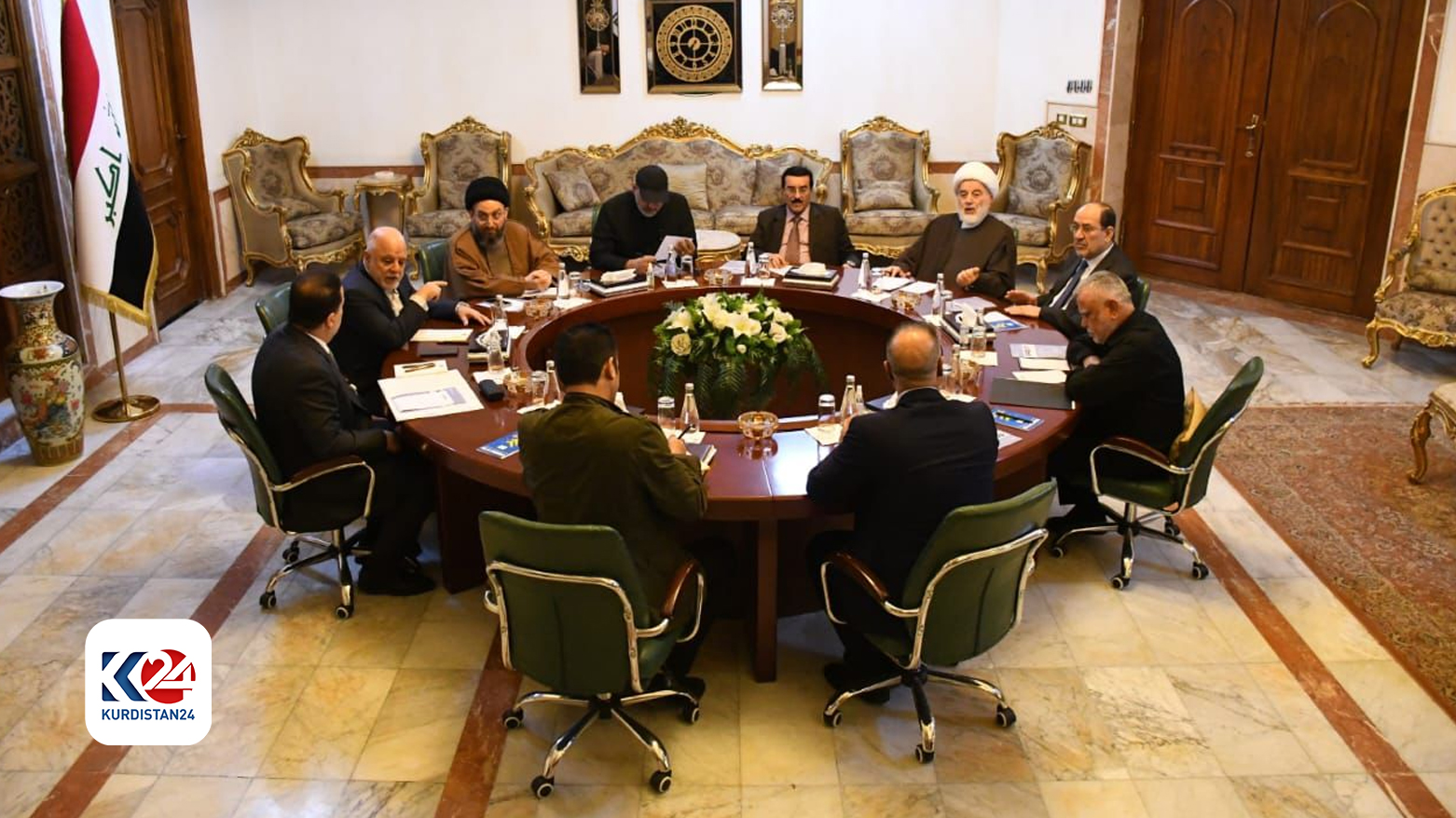
U.S. Pressure
Over the past month, Washington’s calls for the disbandment of the Popular Mobilization Forces (PMF) have shifted from private messages to public statements.
The acting U.S. ambassador in Baghdad, Steven Fagin, reiterated Washington’s concerns over the proposed PMF law during a meeting with Iraq’s first deputy parliament speaker, Mohsen al-Mandalawi.
According to a post published by the U.S. embassy in Baghdad on X on August 2, 2025, Fagin reminded Secretary of State Marco Rubio that legislating the PMF law would entrench Iranian influence and strengthen armed militant groups, posing a threat to Iraq’s sovereignty.
The new draft law is an amendment to the Popular Mobilization Forces (PMF) Act No. 40 of 2016, aiming to integrate the militia into the formal military structure while granting it extensive organizational and security powers.
Under the legislation, the PMF would be considered part of the regular armed forces and report directly to the commander-in-chief, a provision opposed by Western countries, which argue it would entrench Iranian influence and empower armed groups, thereby undermining Iraq’s sovereignty.
In a phone call described by some observers as reflecting “American diktats,” Secretary of State Marco Rubio conveyed Washington’s concerns about the draft law to Iraqi Prime Minister Mohammed al-Sudani. The legislation remains under discussion in parliament.
In an official statement on July 22, 2025, the U.S. secretary emphasized that “legislating this type of law would entrench Iranian influence and empower armed militant groups that undermine Iraq’s sovereignty.”
The U.S. embassy had previously called on the Iraqi government to hold Kata’ib Hezbollah members and their leaders accountable for the attack on the Ministry of Agriculture site in al-Doura, southern Baghdad.
On July 27, 2025, the U.S. embassy stated that the victims “were killed by Kata’ib Hezbollah” and urged the Iraqi government to “take action to bring these perpetrators and their leaders to justice without delay,” adding that “accountability is essential to uphold the rule of law and prevent a recurrence of violence.”
Amid these crises, the British ambassador to Iraq, Irfan Siddiq, told a television interview on August 8, 2025, that there is “no longer a need for the Popular Mobilization Forces.”
He added that “all armed factions are part of it, and the PMF’s role cannot be the same as it was during the fight against Islamic State.”
Siddiq defended London’s support for Washington in opposing the legislation, stating that “the Popular Mobilization Forces were established to combat terrorism, specifically Islamic State, and once that mission was accomplished, there is no longer a need for them.”
He added that the Iraqi government “requested the conclusion of the international coalition’s mission, in which Britain is a key partner, on the understanding that Islamic State no longer poses a threat.”
According to the ambassador, “the PMF itself represents a threat to Iraq, as some factions within it do not adhere to the orders of the commander-in-chief. Moreover, they pose a risk to other countries, having previously targeted sites in the region, thereby importing danger into Iraq, actions that fall outside the framework of state policy.”




